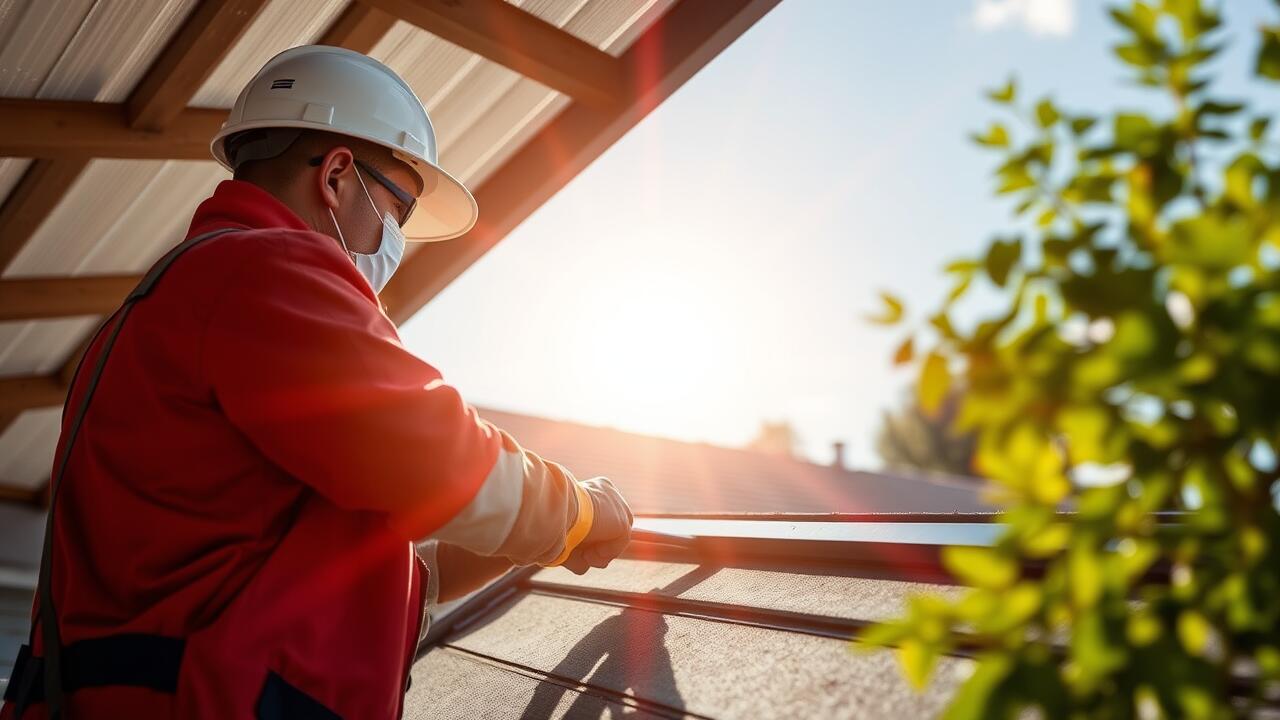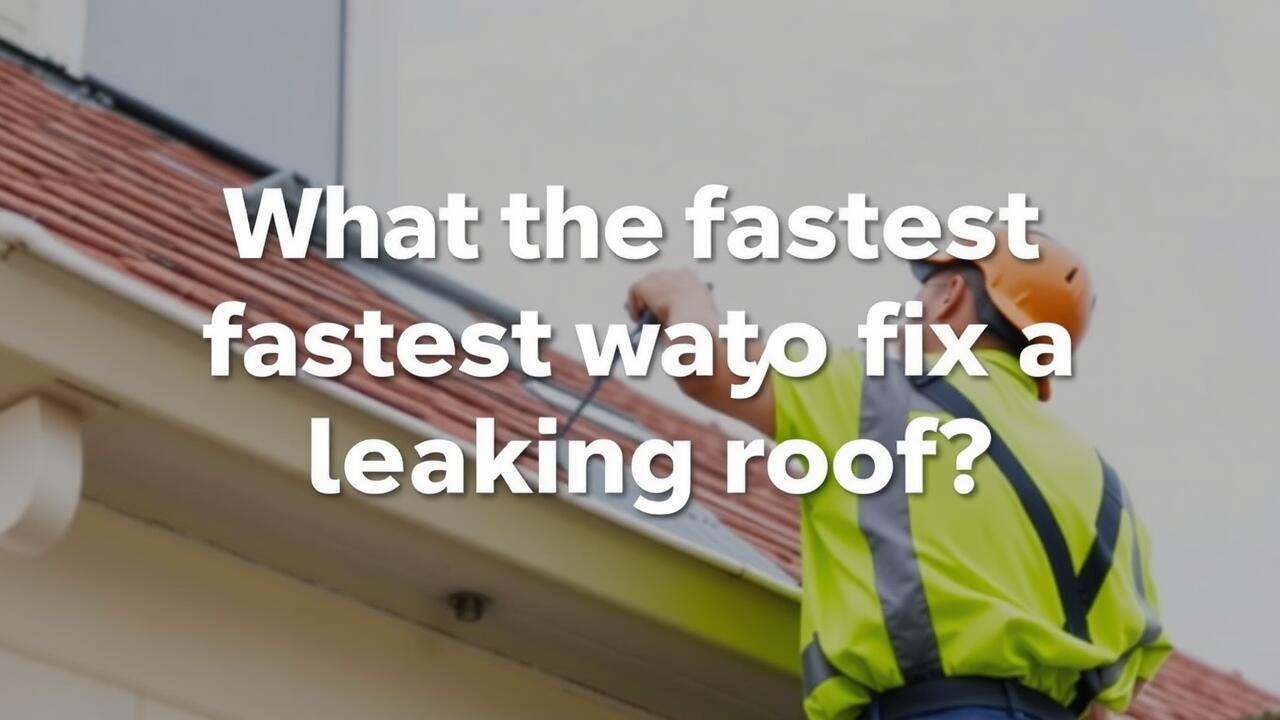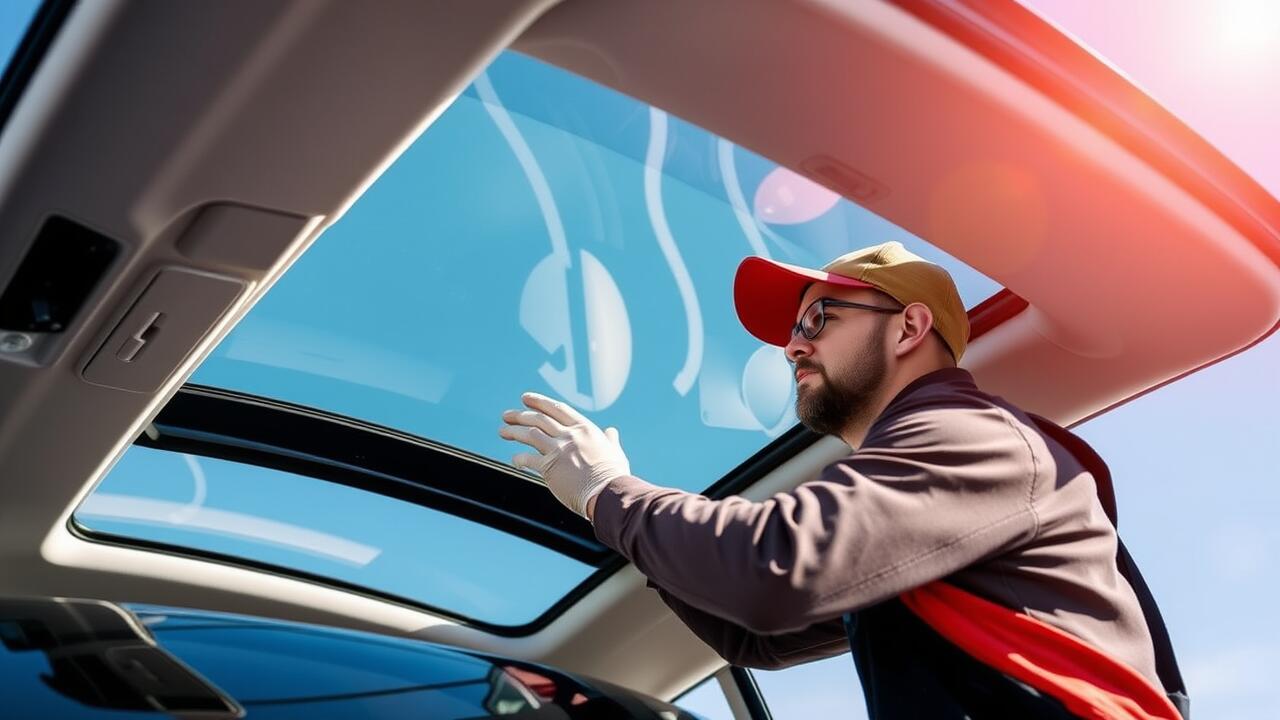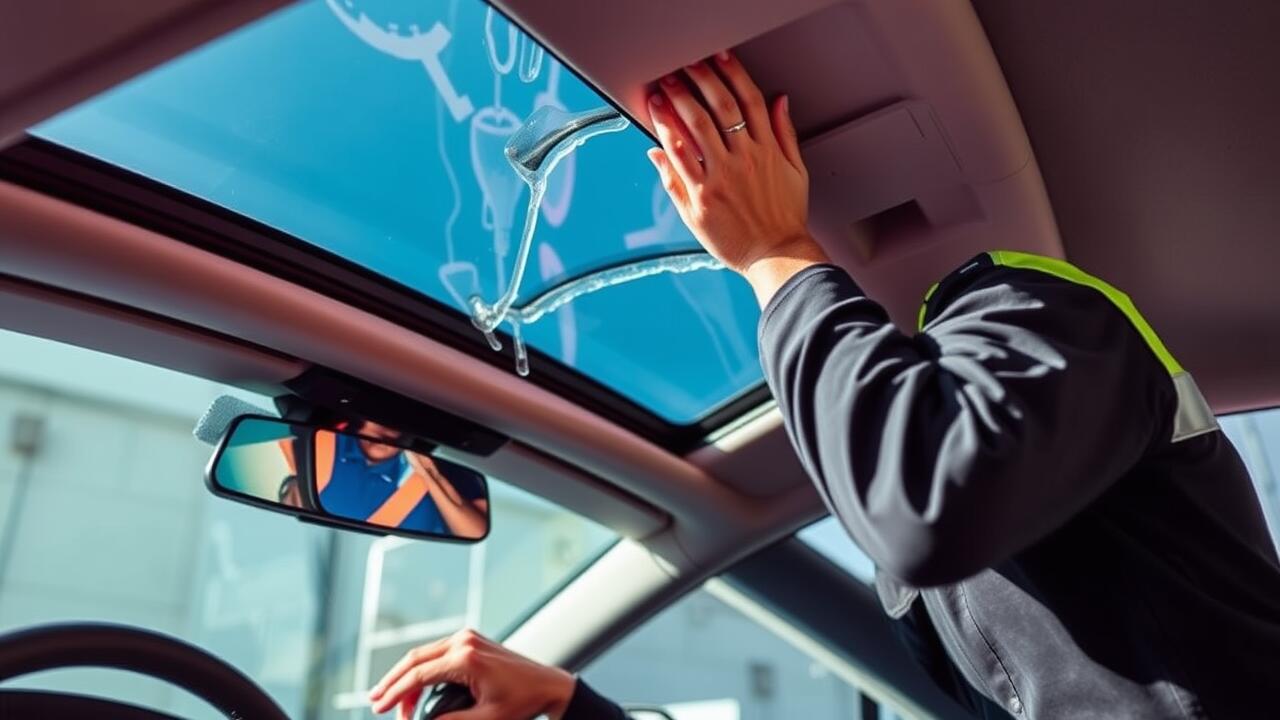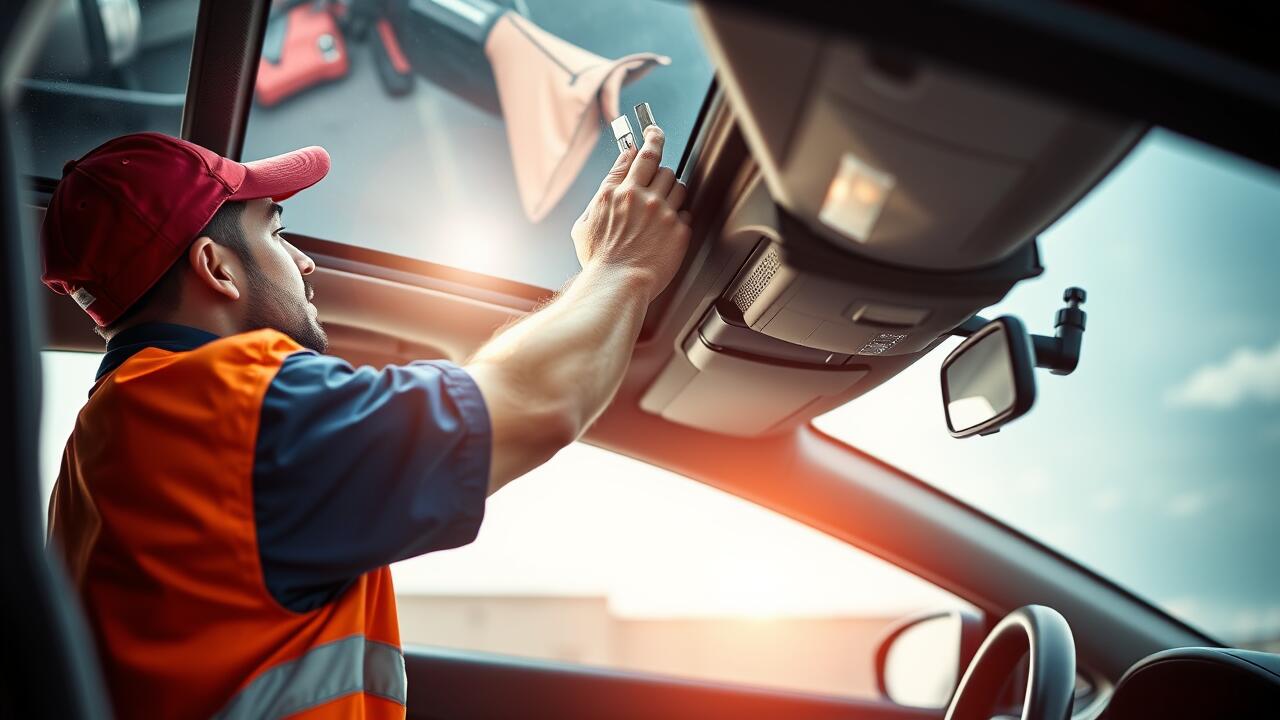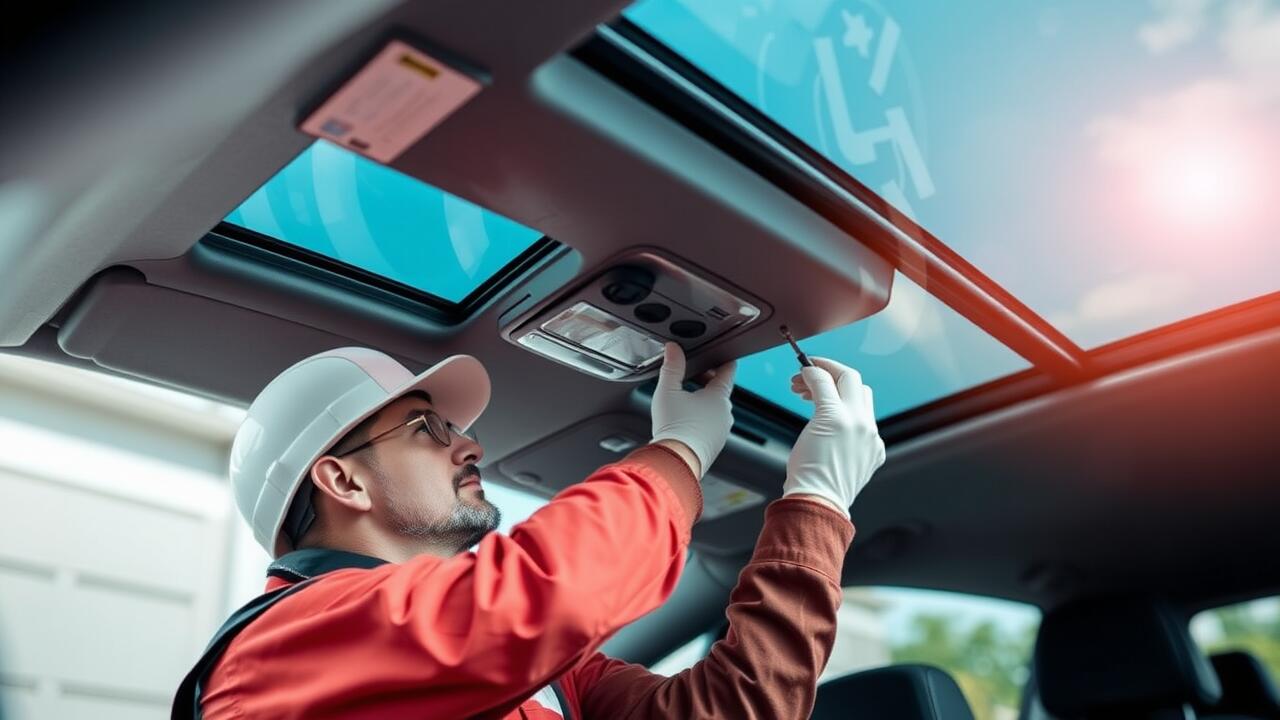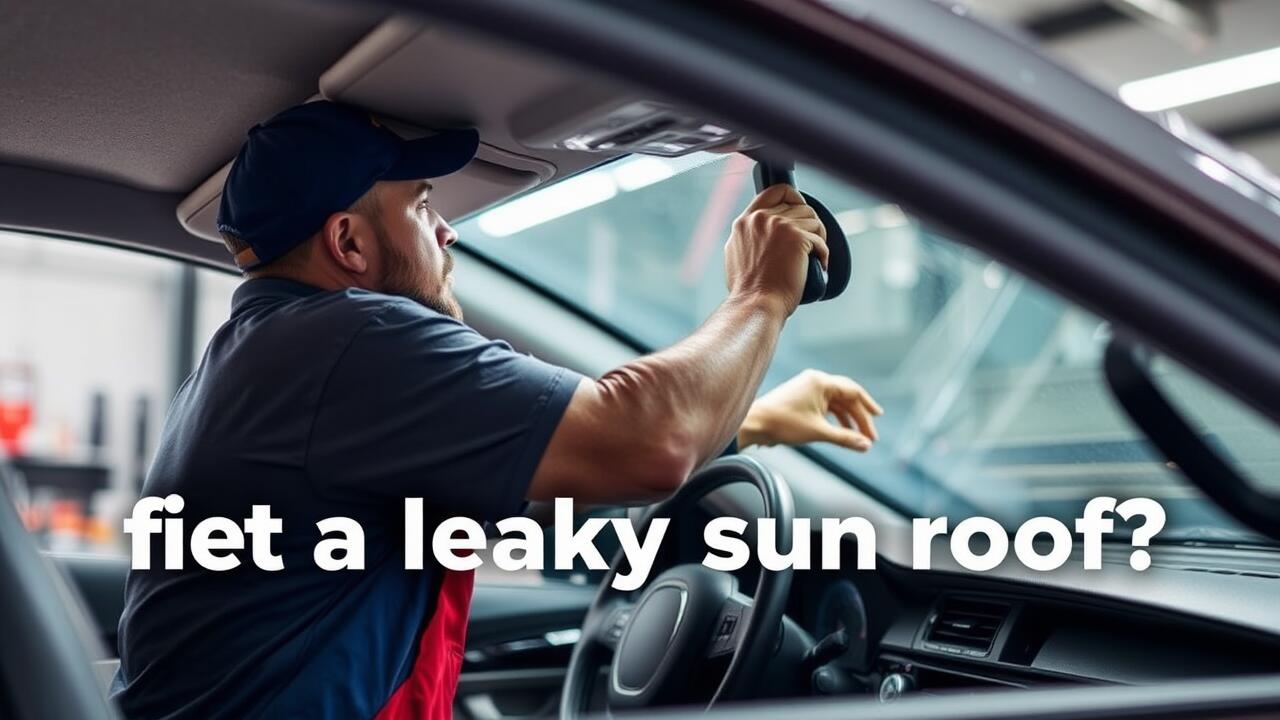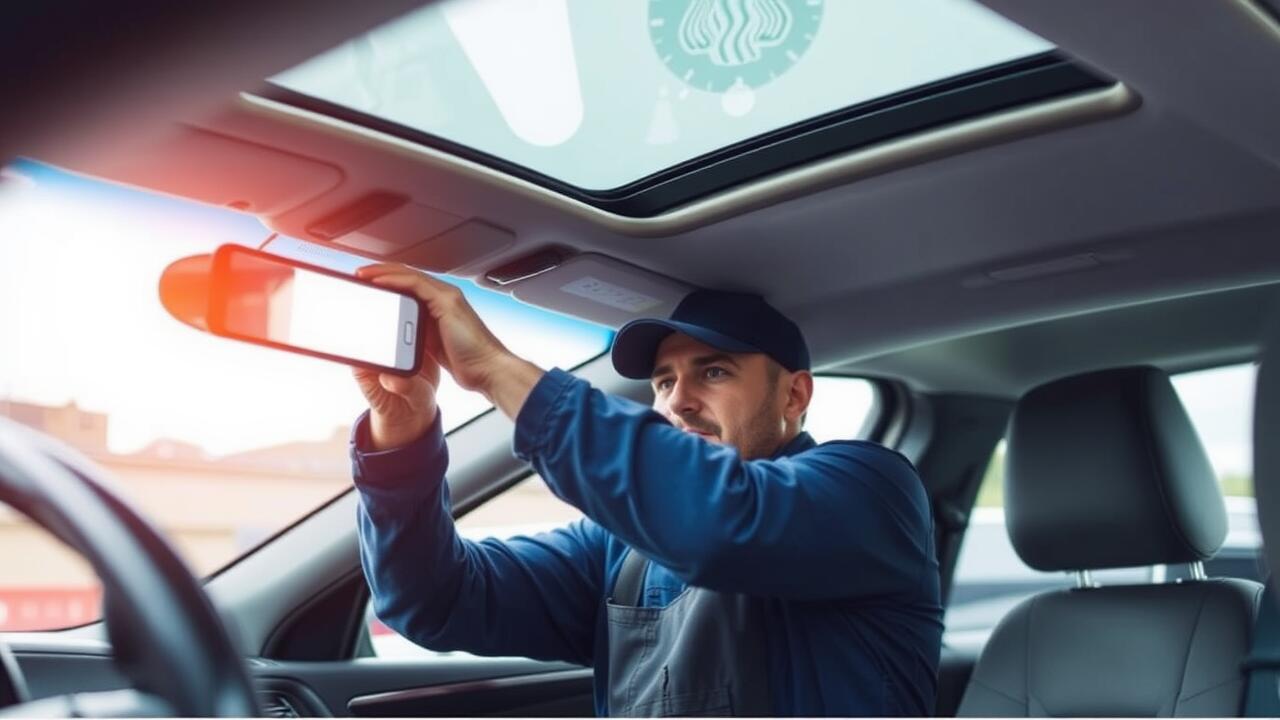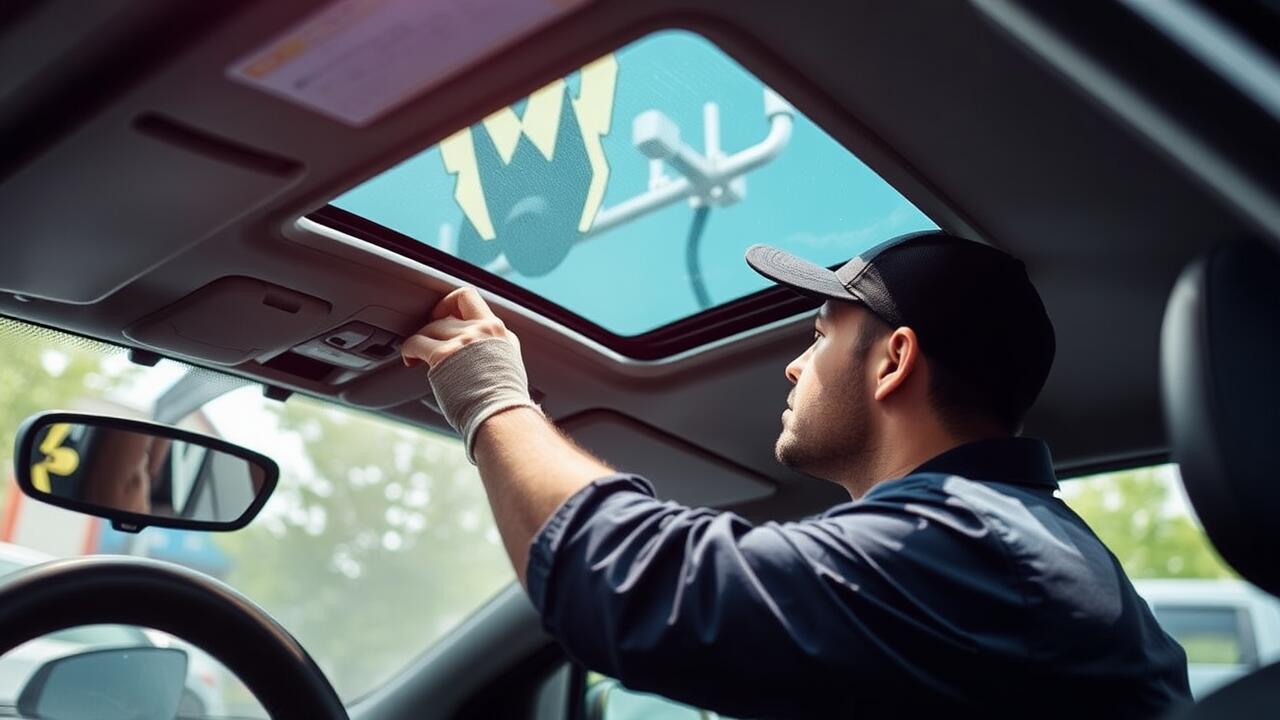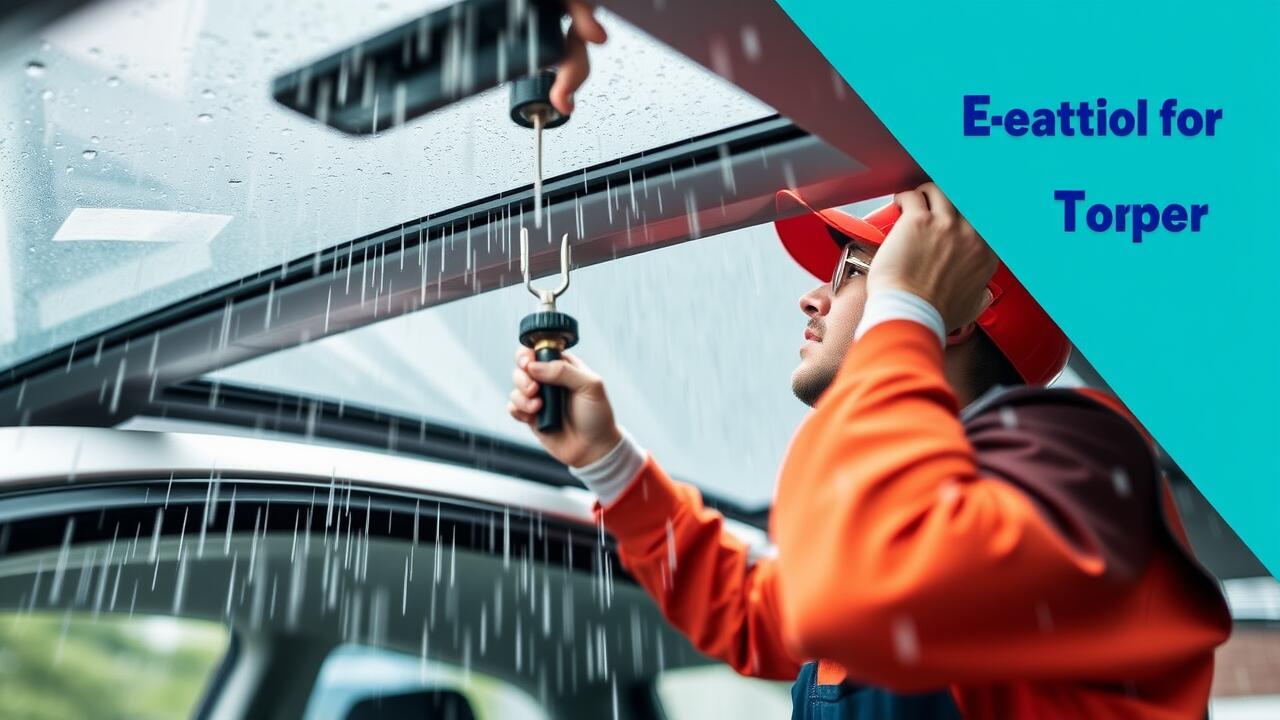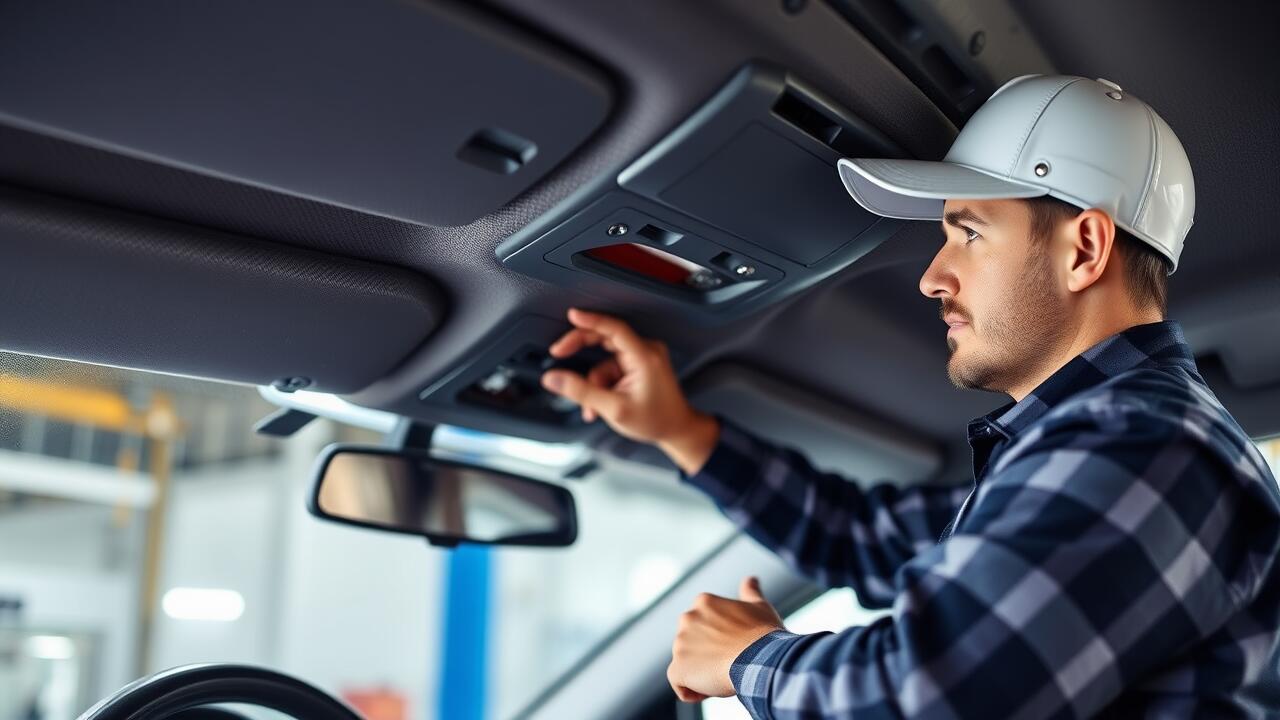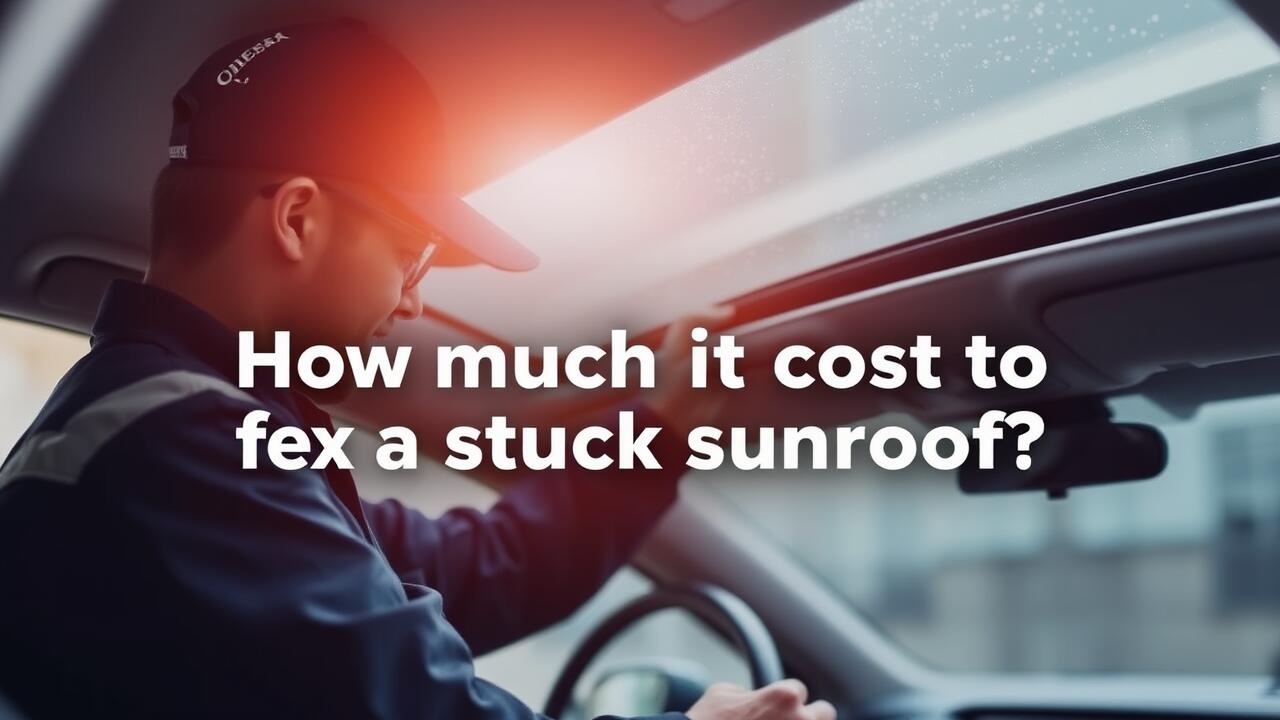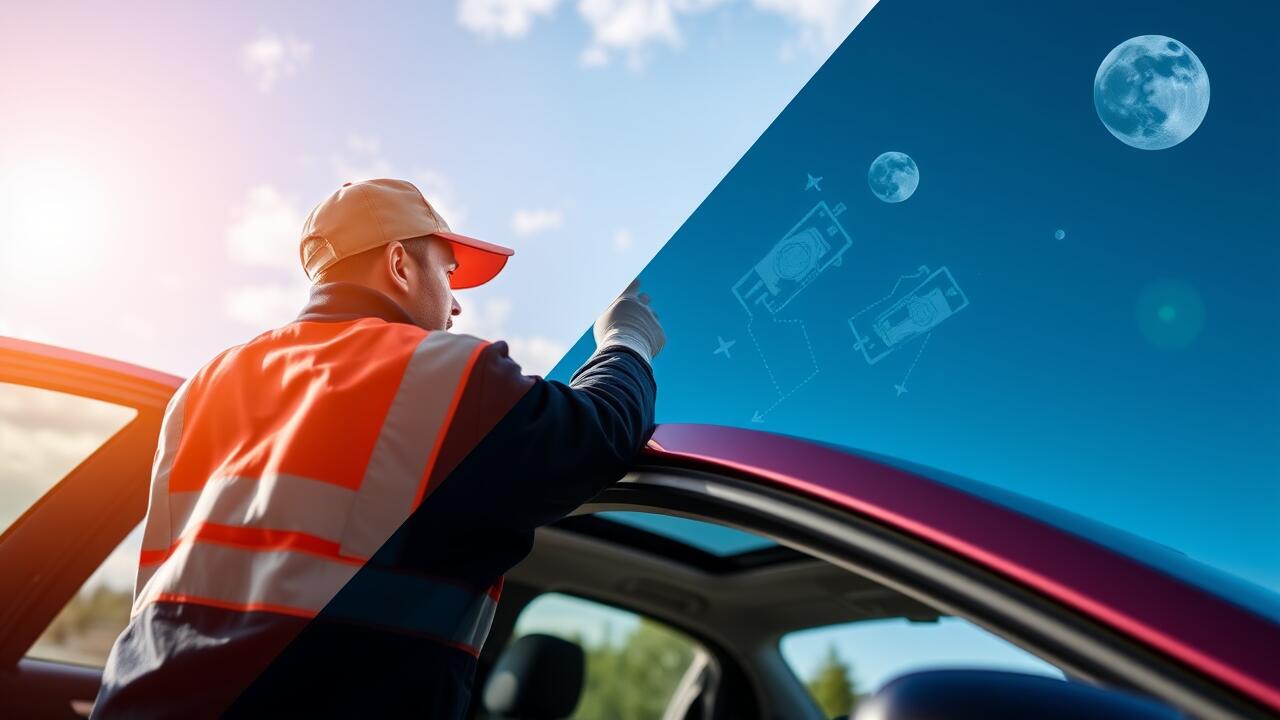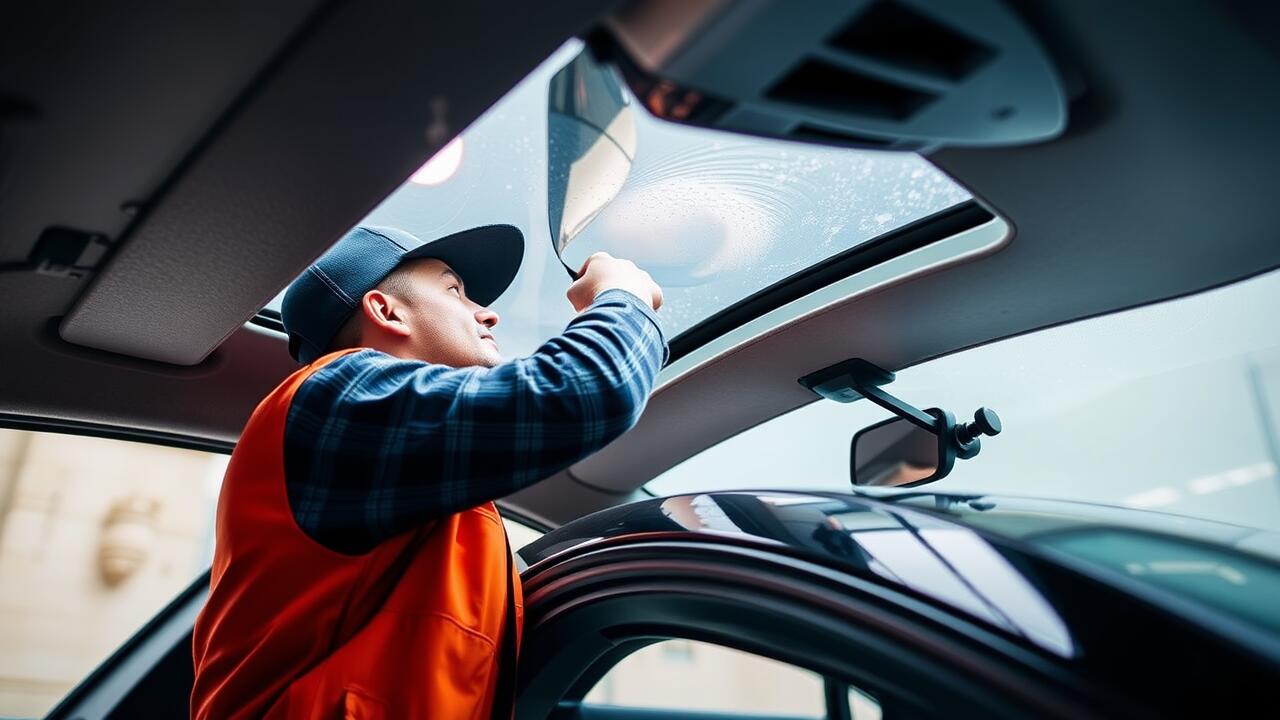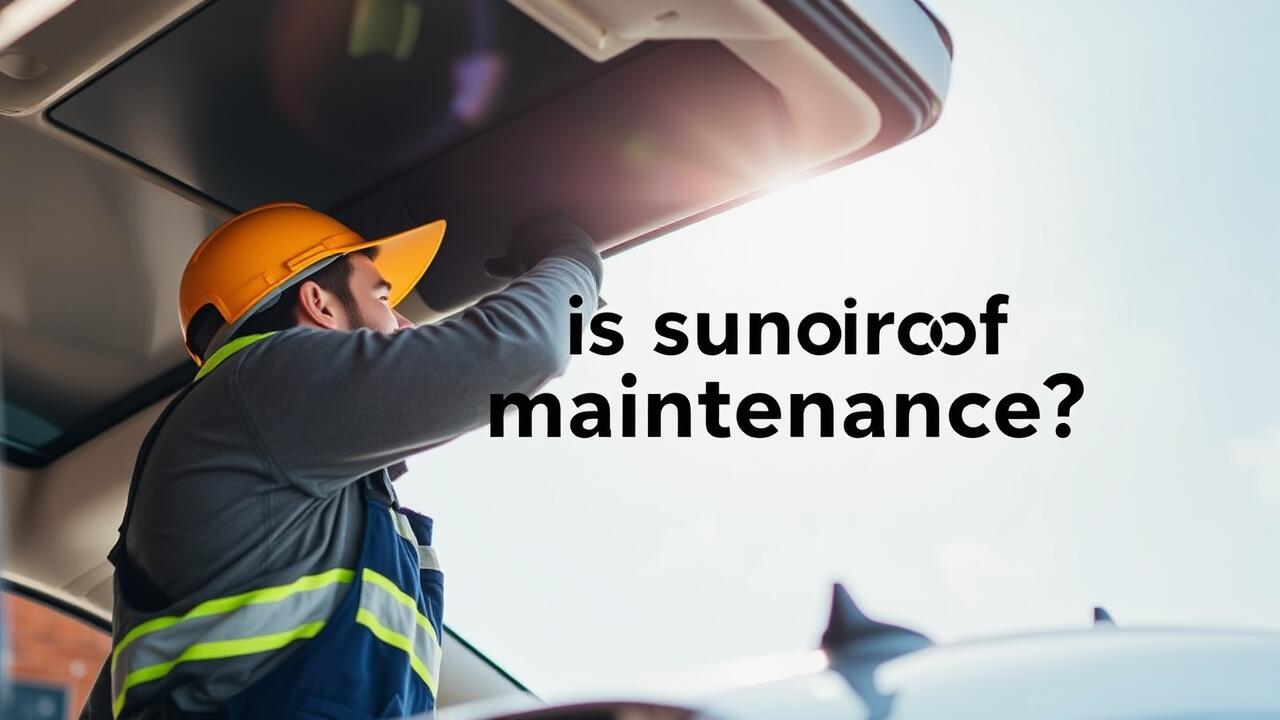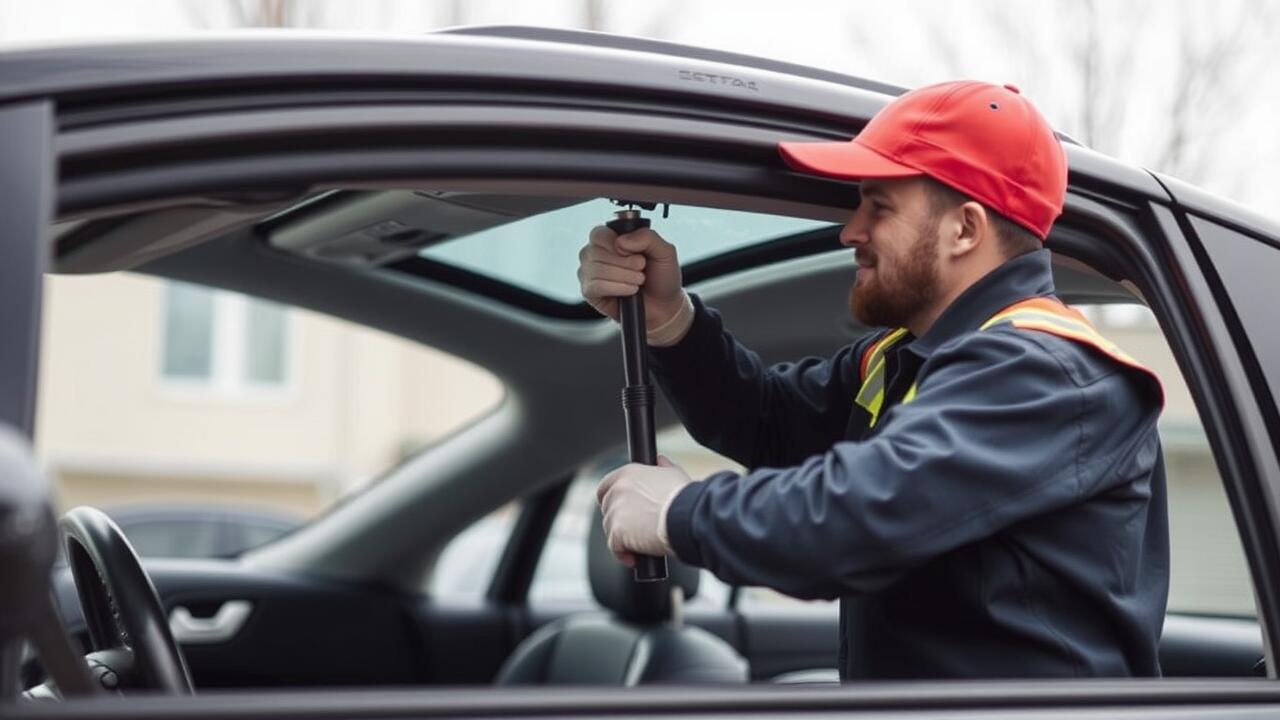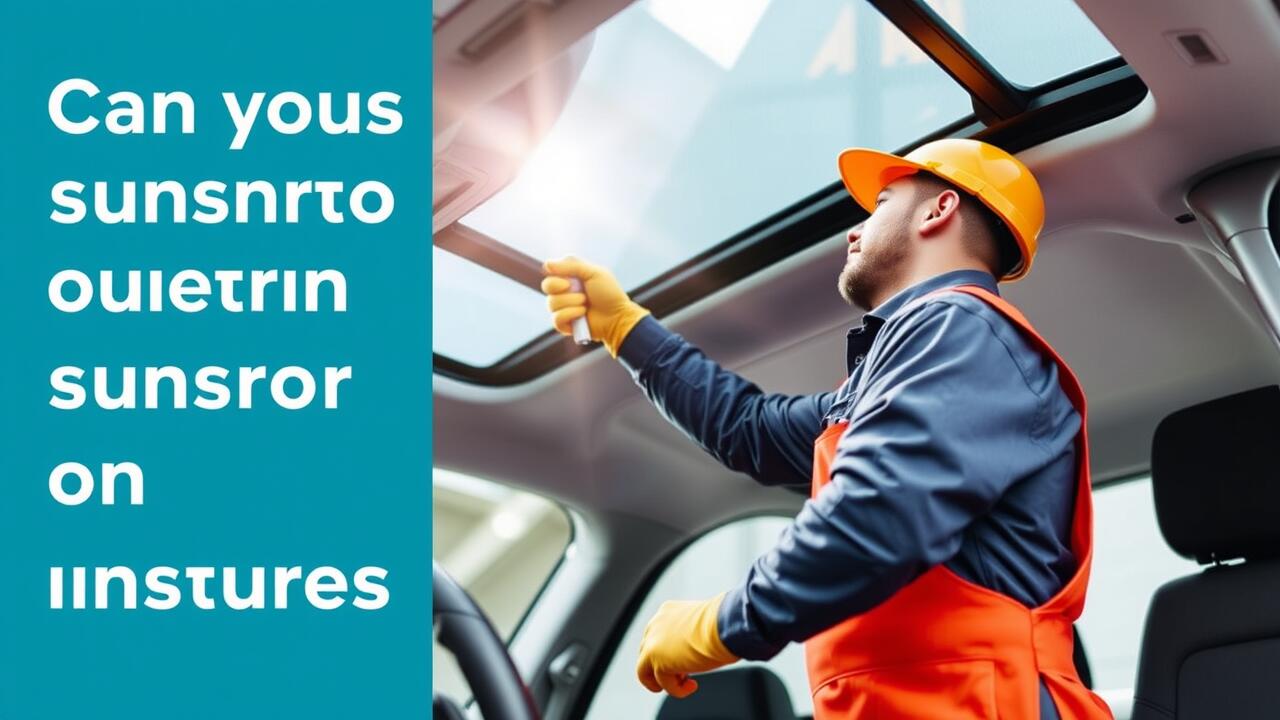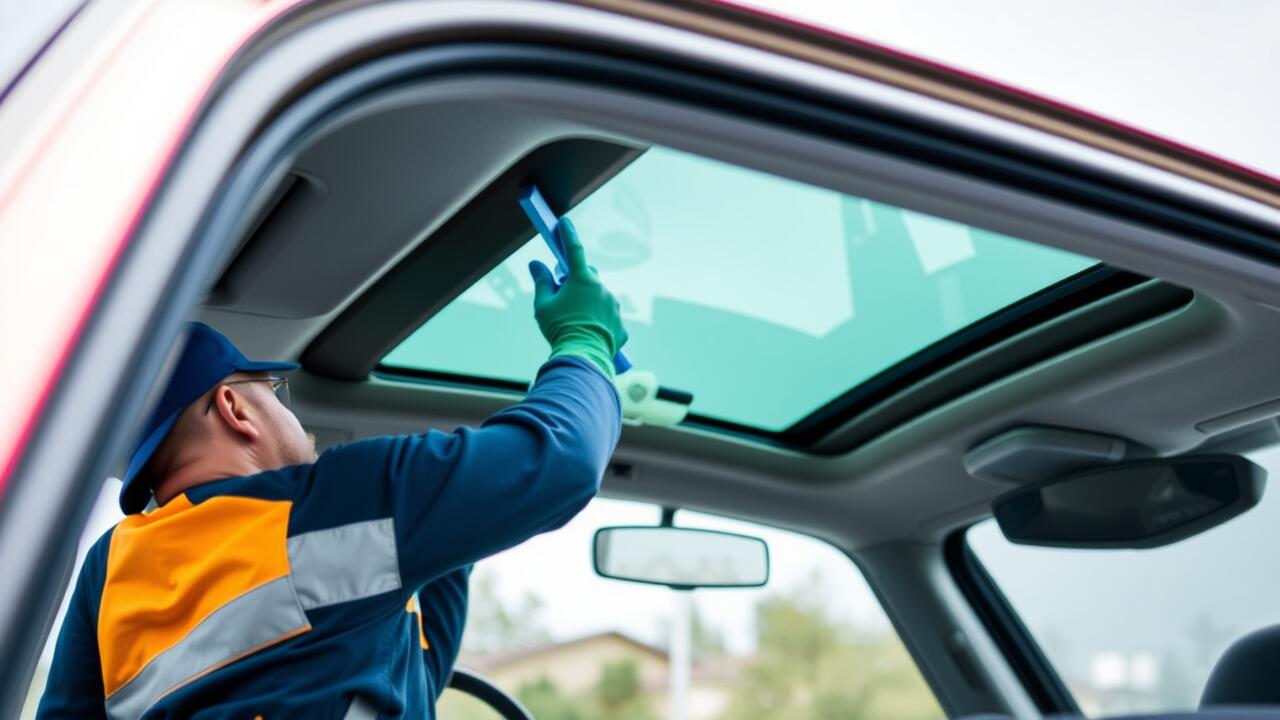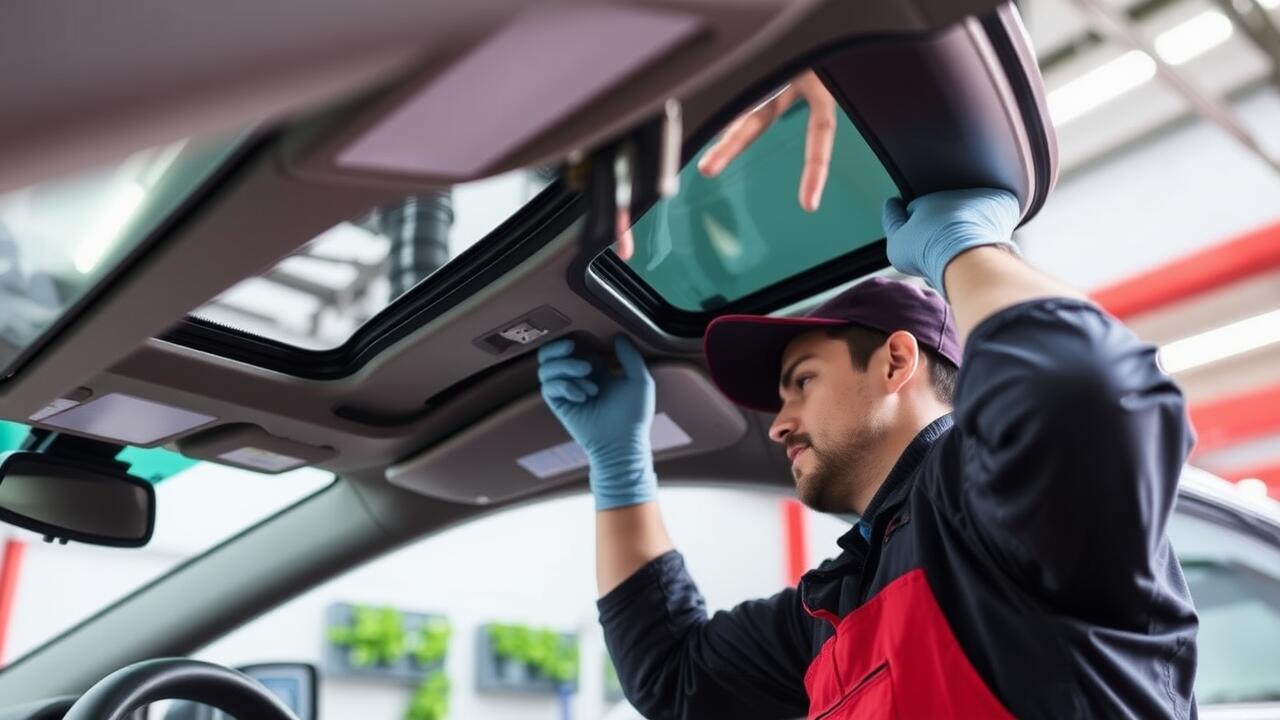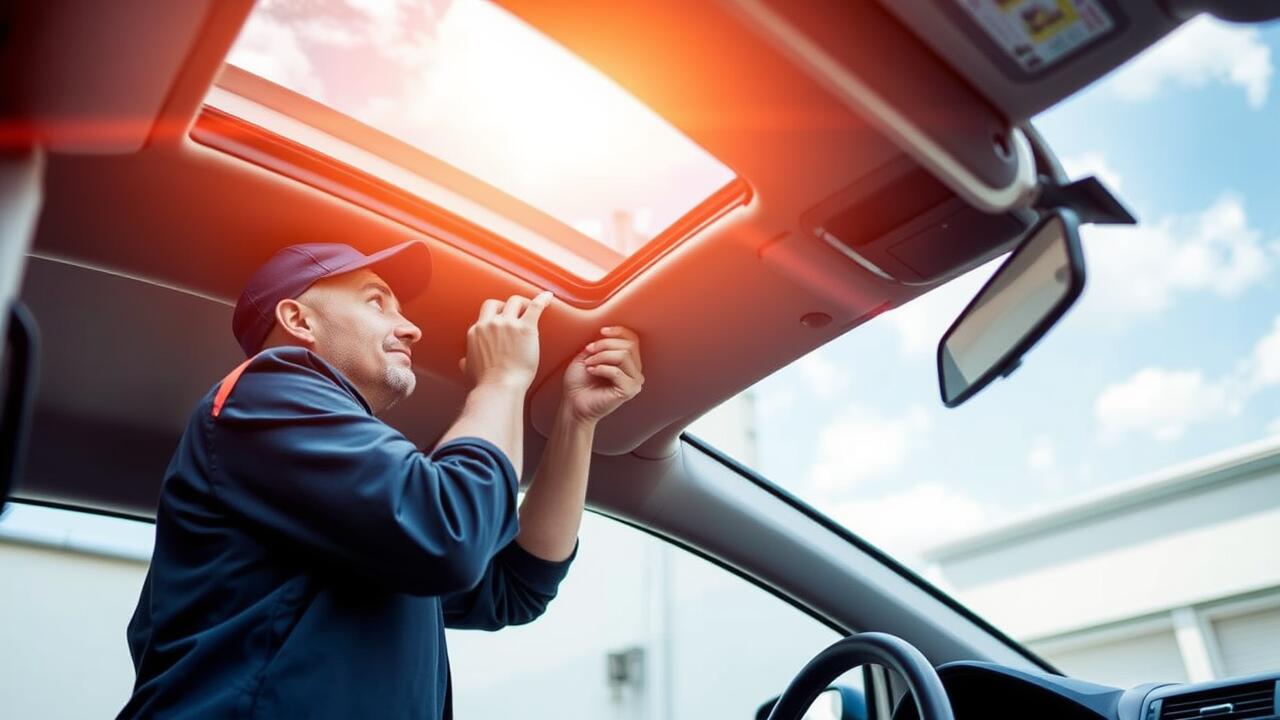
Table Of Contents
Different Types of Sunroof Systems
Sunroofs come in various types, each with its own mechanism and features. The most common types include pop-up, tilt-and-slide, and panoramic sunroofs. Each design has its pros and cons, impacting both functionality and aesthetics. Understanding these systems is crucial before delving into sunroof repair, as difficulties can vary based on the type of sunroof.
The complexity of the sunroof system often determines the cost and nature of repairs. For instance, a basic pop-up sunroof may require simpler fixes, whereas a panoramic sunroof might involve intricate electrical components and more extensive labor. Knowing the type of sunroof on your vehicle can help estimate potential sunroof repair expenses and the likelihood of encountering specific issues in the future.
How System Types Affect Repair Costs
The type of sunroof system installed in a vehicle plays a significant role in determining the overall repair costs. Fixed sunroofs typically have fewer mechanical components and are often less expensive to address when malfunctions occur. Conversely, sliding and panoramic sunroofs are more complex systems with multiple functionalities, leading to increased repair challenges. This complexity can mean higher labor costs and the potential for more extensive parts replacement, such as motors and tracks.
Additionally, the brand and model of the vehicle impact the cost of sunroof repairs. Luxury vehicles often feature advanced sunroof technology, which can be more expensive to fix. Repair shops may charge more for specialized knowledge and tools needed for these systems. Understanding these factors helps vehicle owners anticipate expenses, making it easier to budget for potential sunroof repair needs.
Warranty and Insurance Coverage
Many vehicle manufacturers offer warranties that cover sunroof components, which can significantly impact the cost of sunroof repair. If the vehicle is still under warranty, repairs may be fully covered or subject to a modest deductible. It’s essential for car owners to review their warranty documentation carefully to determine if sunroof issues fall under coverage. In some cases, extended warranty plans may also include provisions for sunroof repairs, providing additional peace of mind for drivers.
Insurance coverage can also play a role in covering sunroof repairs. Comprehensive auto insurance policies often include damage caused by weather-related incidents or accidents. Owners should consult their insurance policy to understand what is covered, as some policies may have specific exclusions related to sunroof components. Filing a claim may increase future premiums, so it's advisable to weigh the cost of repairs against potential premium increases when deciding how to proceed with sunroof repair.
Understanding Your Options for Cost Recovery
When faced with the unexpected expense of sunroof repair, it's important to explore various avenues for cost recovery. Many vehicle manufacturers offer warranties that may cover repairs depending on your specific situation and the age of your vehicle. If your sunroof is defective and still within the warranty period, you may be able to receive full coverage for the repair costs. Checking the details of any extended warranties you have can also provide insight into possible reimbursements.
Insurance coverage can be another resource to consider. Some auto insurance policies include provisions for glass and vehicle component repairs, including sunroof issues. Contacting your insurance agent to clarify your policy's specifics is advisable. Documenting the problem and any related expenses can strengthen your claim. Exploring these options can help alleviate the financial burden associated with sunroof repair.
Preventative Maintenance for Sunroofs
Regular maintenance for your sunroof can significantly reduce the chances of encountering unexpected issues. Keeping the sunroof mechanism clean helps prevent debris from obstructing its movement. Application of lubricant specifically designed for sunroof tracks ensures smooth operation. Regularly checking the seals for damage also helps in maintaining the integrity of the sunroof.
If problems do arise, addressing them promptly can prevent more complex repairs down the line. Small issues can escalate into expensive repairs, such as those involved in sunroof repair. Familiarizing yourself with the functionality of your sunroof can help you identify any irregularities early on. Taking these preventive measures contributes to a longer lifespan for your sunroof and reduces the risk of costly repairs.
Tips to Avoid Future Sunroof Issues
Regular maintenance is essential for preventing sunroof issues. Keeping the sunroof tracks clean and free of debris helps ensure smooth operation. Periodic lubricating of the moving parts can also reduce the risk of jams and mechanical failures. Addressing any unusual noises or slow movement immediately can prevent more extensive damage that would require sunroof repair.
Weather conditions can significantly impact the performance of your sunroof. Ensure the seals are intact and functioning properly to prevent leaks, which could damage the interior and electronics. Parking in a garage or using a sunshade can minimize exposure to extreme temperatures. Paying attention to these factors can extend the life of your sunroof and reduce the likelihood of needing costly repairs.
FAQS
What are the common reasons a sunroof won't close?
Common reasons include a malfunctioning motor, a stuck track, debris obstructing the mechanism, or electrical issues within the sunroof system.
How much can I expect to pay for sunroof repair?
Repair costs can vary widely depending on the issue and the type of sunroof system, but they typically range from $200 to $1,000 or more.
Will my car's warranty cover sunroof repairs?
Many car warranties cover sunroof repairs if the issue is due to manufacturing defects. It's best to check your specific warranty details for coverage.
Is there a way to prevent sunroof issues in the future?
Yes, regular maintenance such as cleaning the tracks, lubricating the moving parts, and ensuring that drainage tubes are clear can help prevent sunroof issues.
Should I attempt to fix my sunroof myself?
If you have some mechanical skills and are familiar with automotive repair, you might attempt minor fixes. However, for complex issues, it's usually best to consult a professional to avoid further damage.
